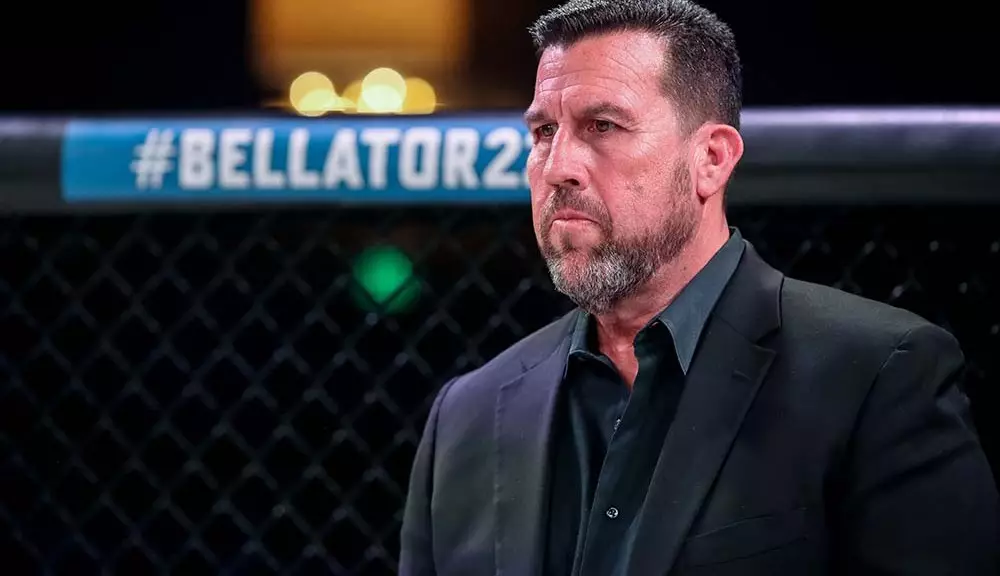The world of sports commentary is continually evolving, adapting to the demands of the audience and the complexities of the games themselves. In combat sports, particularly Mixed Martial Arts (MMA), the need for clarity and understanding during broadcasts is paramount. Veteran MMA referee and commentator John McCarthy has put forth a compelling argument for the UFC to consider introducing an on-air rules analyst, similar to the roles found in leagues like the NBA and NFL. This addition could significantly enhance viewer experience by providing real-time insights into the intricacies of the sport.
McCarthy is not just any commentator; he helped establish the Unified Rules of MMA, making his knowledge of the sport extensive and unique. His transition from officiating to commentary has positioned him as a key figure in MMA; however, his current tenure with the Professional Fighters League (PFL) has led him to ponder his future within the industry. During his time with PFL, McCarthy has enjoyed the flexibility of working from home, allowing him to balance his personal life and professional obligations efficiently. The convenience of remote work has unshackled him from the travel burdens he once endured, highlighting a growing trend in sports media where expertise can be delivered without the need for constant travel.
McCarthy’s insights extend beyond his personal preferences; he raises an important issue concerning UFC broadcasts. He rightly points out that commentators often face the challenge of conveying complex rule sets and nuances of the sport to viewers who may not grasp them fully. While UFC commentators aim to deliver engaging stories and analysis, McCarthy suggests that without a rules analyst present during broadcasts, they risk leaving the audience confused during critical moments. An on-air rules analyst would bridge this gap, providing immediate context regarding officiating decisions, potential fouls, and the rationale behind referee interventions, thus enriching the viewing experience.
The hypothetical introduction of a dedicated rules analyst would not only clarify complex situations but also alleviate some of the pressure on primary commentators. Just as coach Din Thomas provides support during broadcasts, a rules analyst could serve as a valuable resource, answering real-time questions and explaining techniques or rule nuances that arise during fights. This could lead to more informed discussions and enhance the educational aspect of the broadcast for new fans exploring the intricacies of MMA.
McCarthy’s openness to potentially working with the UFC underscores a critical need in sports broadcasting—a need for depth of expertise that achieves the dual goals of educating the audience while engaging seasoned fans. As the sport continues to grow in popularity, the addition of an on-air rules analyst could mark a significant step in the evolution of UFC broadcasting, rendering it not just entertaining but also educational. As we look to the future of MMA, embracing such changes could prove essential in maintaining viewer engagement and enhancing the overall experience for everyone involved.

